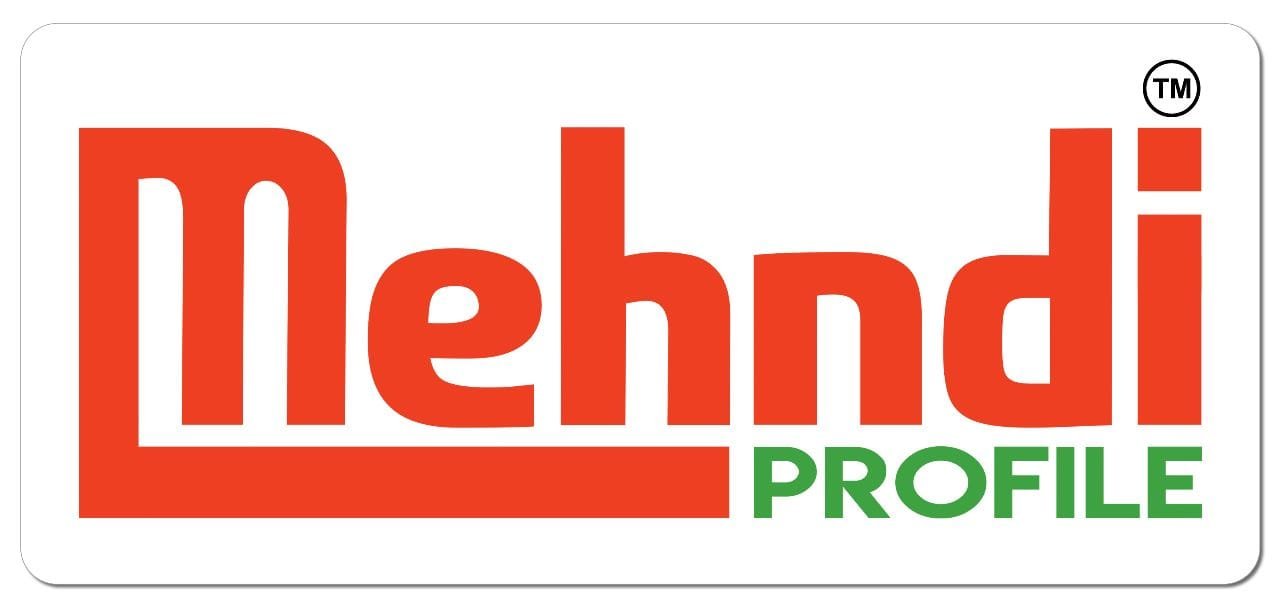Start an
E-commerce business in India
Easily Start an E-Commerce Business in India. End-to-end legal assistance. Prices start at INR 16,999/- only.

Get Quote Instantly in a Minute!
How to Start an E-commerce business?
All you need to know
Starting an e-commerce business is a dream for many aspiring entrepreneurs. Also with enormous growth of e-commerce players in India and thanks to Internet connectivity, it is also an easy choice for Indian youth.
Business registration is the first step towards your dream of setting up an online store. For registering your business, you need to decide which type of entity you should form. You have many choices such as starting solo with Sole Proprietorship firm or One Person Company. You may also opt for registering a Private Limited Company, if you have plans to infuse equity or bring in Foreign Direct Investment at a later stage. Usually, Private Limited Company is the best form of organization for an e-store. It has many advantages such as limited liabilities, quick approvals, easy compliances, legal protection, scalability etc.
Once a business is registered, you need to apply for GST Registration, which is a mandatory requirement laid down by all e-commerce platforms. You may then proceed with opening a bank account in the name of business. More details on GST Registrations is available here.
Some e-commerce platforms also insist for their own Trademark i.e. a personalized logo and brand name. It also helps you create your own brand value and goodwill.
ThinkBiz Filings is an eminent business platform and a progressive concept, which helps end-to-end incorporation, compliance, advisory, and management consultancy services to clients in India and abroad. ThinkBiz Filings will help you with all business registrations required for you to easily register yourself on any e-commerce platforms in India. You may get in touch with our compliance manager on 8977983666 or email info@Thinkbizfilings.com for free consultation.

Transparent Pricing | No Hidden Fees
ESSENTIAL
- Shop and Establishment Registration
- TAN Application
- SSI/MSME/Udyog Aadhar Registration
- GST Registration
- Trademark Application (1 Application 1 Class Small Enterprise)
ADVANCED
- Partnership Registration
- Drafting of Partnership Deed
- Shop and Establishment Registration
- TAN Application
- SSI/MSME/Udyog Aadhar Registration
- GST Registration
- Trademark Application (1 Application 1 Class Small Enterprise)
PREMIUM
- 2 Digital Signature Certificates
- 2 Director Identification Numbers
- 1 Name Approval Application
- INR 1 Lakh Authorized Capital
- Company Incorporation using SPICe+
- Copy of e-MOA & e-AOA
- e-PAN, e-TAN
- GST Registration
- SSI/MSME/Udyog Aadhar Registration
- ESI & EPF Registration through SPICe Plus
Business Models of e-commerce business
Set up your own online store
Register as seller on e-commerce platform
Documents Required for E-commerce business in India
Quick Checklist
- PAN card of all partners of the firm.
- Aadhaar/Passport/Voter ID/Driving License of all partners.
- Latest utility bill, rent agreement, or ownership proof of the firm’s office.
- Latest bank statements of partners.
- Recent photos of all partners.
Key Benefits of a E-commerce business in India
Points to make your decision easy
Ease of Formation
Tax Benefits
Lower Compliance
Decision-Making
Profit Sharing
No Minimum Capital
Our most honorable clients
FAQs On E-Commerce
- E-commerce (Electronic Commerce) refers to buying and selling goods or services online through websites, mobile apps, or marketplaces
- The main types include: B2B (Business to Business) – Transactions between businesses (e.g., Alibaba, IndiaMART). B2C (Business to Consumer) – Businesses sell directly to consumers (e.g., Amazon, Flipkart). C2C (Consumer to Consumer) – Consumers sell to other consumers (e.g., OLX, eBay). D2C (Direct to Consumer) – Brands sell directly to customers without intermediaries.
- Yes, an e-commerce business should be legally registered as a Private Limited Company, LLP, OPC, or Sole Proprietorship based on the business structure.
- Low operational costs compared to physical stores Global reach with wider customer base 24/7 availability for customers Data-driven marketing strategies for better customer engagement
- Depending on your business, you may need: Company registration (Pvt Ltd, LLP, OPC, etc.) GST Registration FSSAI License (for food-related businesses) Trademark registration (for brand protection) Payment Gateway Approval (for online payments)
- Yes, under 100% FDI policy, foreign companies can operate in the e-commerce sector but must follow FEMA and RBI regulations.
- These rules ensure: Transparency in pricing and return policies Prohibition of misleading ads and unfair trade practices Grievance redressal mechanisms for consumers
- Yes, businesses must comply with India’s IT Act, 2000 and upcoming Data Protection Laws to protect customer data.
- Yes, you can sell on Amazon, Flipkart, Myntra, Meesho, etc., as long as you comply with each platform’s policies.
- Thinkbizfilings provides Proprietorship Registration all across India. You can obtain Proprietorship registration in Hyderabad, Vijayawada,Pune, Bangalore, Chennai, Delhi, Kolkata, or any other cities easily with us.
- Don’t worry!! Our expert will help you to choose the best suitable plan for you. Get in touch with our team to get all your queries resolved. Write to us at info@thinkbizfiling.com or call us @+91 970 456 1215


















